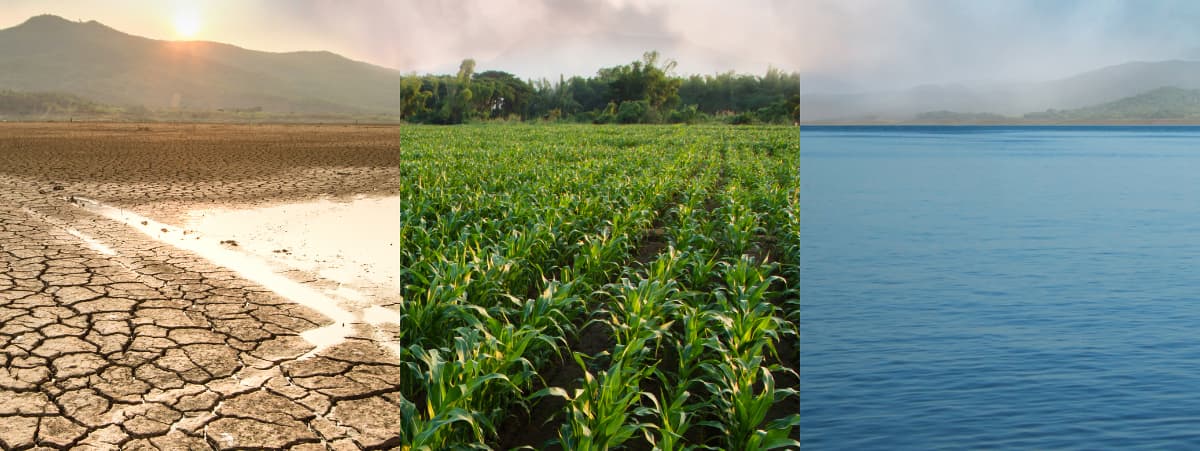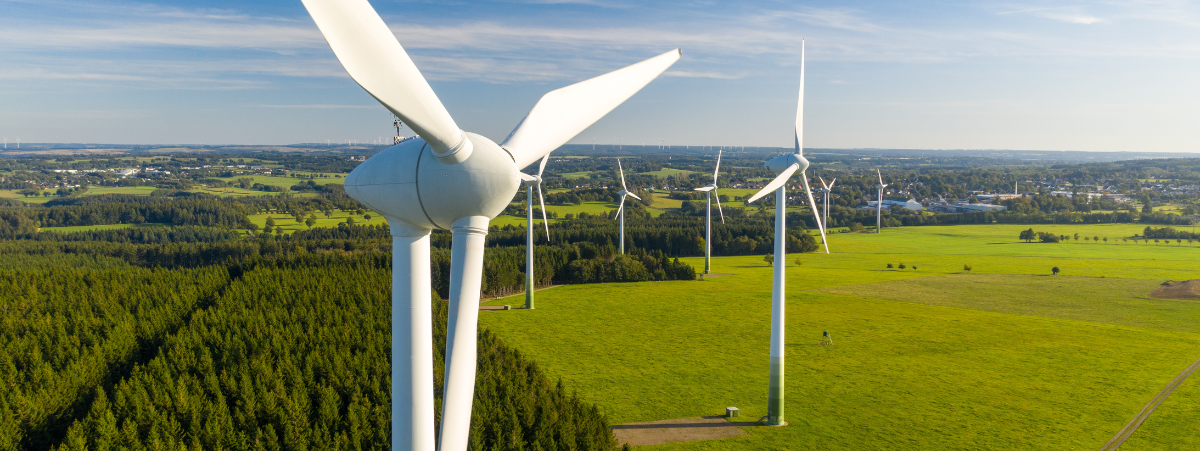There has never been a more important time to advocate for global emissions avoidance.
The first eleven days of June marked a historic milestone as the hottest ever recorded worldwide. According to the European Union’s Copernicus Climate Change Service (C3S), Earth’s average air temperature surpassed 1.5 degrees Celsius above pre-industrial levels, marking it an unprecedented event. Do you still think climate change is a buzzword?
This came just one month after the World Meteorological Organization released a report that emphasized a 66% probability of the annual average global temperature exceeding 1.5 degrees Celsius above pre-industrial levels for a minimum of one year during the period of 2023-2027.
In the face of climate change challenges, there has been a notable surge in the adoption of initiatives aimed at curbing greenhouse gas emissions. The carbon market is quickly becoming a compelling avenue that both individuals and organizations are keen to explore. Just last week Singapore announced their intention of becoming a global carbon market hub. With ambitions that would encompass both the international voluntary carbon market as well as the compliance carbon market. But for many, carbon credits, how they are produced, verified and impact emissions are widely unfamiliar. Let’s go back to basics and explore everything you need to know about carbon credits.
Introducing Carbon Credits, Carbon Offsets and Carbon Markets
Carbon credits, carbon offsets, and carbon markets are all part of a system that’s all about cutting down on carbon dioxide (CO2) emissions. They give people, companies, and governments a way to take ownership of their carbon footprint and back eco-friendly projects that balance out their emissions.
What are Carbon Credits and Carbon Offsets?
Carbon credits and carbon offsets are financial instruments that represent the reduction or removal of greenhouse gas emissions from the atmosphere. A carbon credit typically represents one metric ton of CO2, While a carbon offset refers to a project or action that facilitates emissions avoidance equivalent to one metric ton of CO2.
Carbon credits and offsets are created through various projects and activities aimed at reducing emissions. These projects can include renewable energy generation, energy efficiency improvements, reforestation, and methane capture from landfills. Each project undergoes a rigorous assessment process to ensure its legitimacy and the accuracy of emission reductions.
What is the Carbon Marketplace?
The carbon marketplace is where carbon credits and offsets are bought and sold. It functions as a platform for individuals, companies, and governments to purchase credits or offsets to compensate for their own emissions. It also facilitates investment in sustainable projects that generate carbon credits.
How are Carbon Credits produced and how are they verified?
Carbon credits are generated through projects that facilitate emissions avoidance. These projects must follow established methodologies and undergo verification by accredited third-party organizations. Verification ensures that the emission statistics are real and verifiable.
Carbon credits are verified by independent third-party organizations that specialize in greenhouse gas accounting and verification. Examples of leading verification standards include the Verified Carbon Standard (VCS), Gold Standard, and American Carbon Registry (ACR).
How Companies Can Offset Carbon Emissions
The most transparent and digitized way for companies to offset their carbon emissions is by purchasing carbon credits or offsets from the carbon marketplace. These credits represent emissions reductions achieved by sustainable projects. By investing in such projects, companies can compensate for their own emissions and demonstrate their commitment to environmental stewardship.
The Voluntary vs. Mandatory Market
The key distinction between carbon credits and carbon offsets lies in their voluntary or compulsory nature. Voluntary carbon credits are purchased willingly by individuals, organizations, or governments to support emission reduction projects beyond regulatory requirements. They allow entities to take proactive steps in addressing their carbon footprint and demonstrating environmental responsibility.
On the other hand, compulsory carbon offsets are typically part of compliance markets established under government-regulated cap-and-trade systems. In these markets, companies are legally obligated to offset a portion of their emissions by purchasing and retiring a specific number of carbon credits. Compliance markets provide a framework for meeting emission reduction targets set by regulatory authorities.
Do Carbon Offsets Actually Reduce Emissions?
Carbon offsets are designed to achieve real and measurable emission reductions. When individuals or organizations purchase carbon offsets, the funds are directed toward projects that either prevent or remove greenhouse gas emissions from the atmosphere. These projects can include renewable energy installations, forest conservation initiatives, or methane capture from agricultural operations. Rigorous standards and verification processes ensure that carbon offsets represent genuine emission reductions. However, it is essential to choose reputable and transparent offset providers to ensure the integrity of the offsets.
Can You Purchase Carbon Offsets as an Individual?
Yes, individuals can purchase carbon offsets to offset their personal carbon emissions. At ClimateTrade we provide a free calculator for individuals to do just that. Once their carbon footprint has been calculated, they can then use our marketplace to identify offsetting initiatives equivalent to their emissions.
Why Should I Buy Carbon Credits?
There are several compelling reasons to buy carbon credits.
- Environmental Impact: By purchasing carbon credits, you contribute to projects that actively reduce or remove greenhouse gas emissions. These projects can have a positive impact on the environment, such as promoting renewable energy, conserving forests, or improving energy efficiency.
- Corporate Social Responsibility: Buying carbon credits demonstrates your commitment to sustainability and corporate social responsibility. It showcases your organization’s efforts to address climate change and can enhance your reputation among stakeholders, including customers, investors, and employees.
- Mitigating Risks: Investing in carbon credits helps mitigate the risks associated with potential carbon pricing mechanisms and future regulatory requirements. By proactively reducing emissions and supporting sustainable projects, you position your organization to adapt to evolving climate policies.
Why Compensate and Why ClimateTrade?
Our marketplace offers an effective and transparent platform for individuals and businesses to compensate for their carbon emissions. By leveraging blockchain, we provide users with verifiable proof of their contributions and ensure that the funds are securely and efficiently transferred to the selected projects.
At ClimateTrade we have made a commitment to transparency and our focus is on maximizing impact, we aim to equip individuals and businesses with the tools that can make a positive difference in the world and create a more sustainable future for all. Explore our marketplace and discover high-quality, verified projects. Our diverse portfolio allows you to support causes that align with your personal values. Start making a real difference today.








